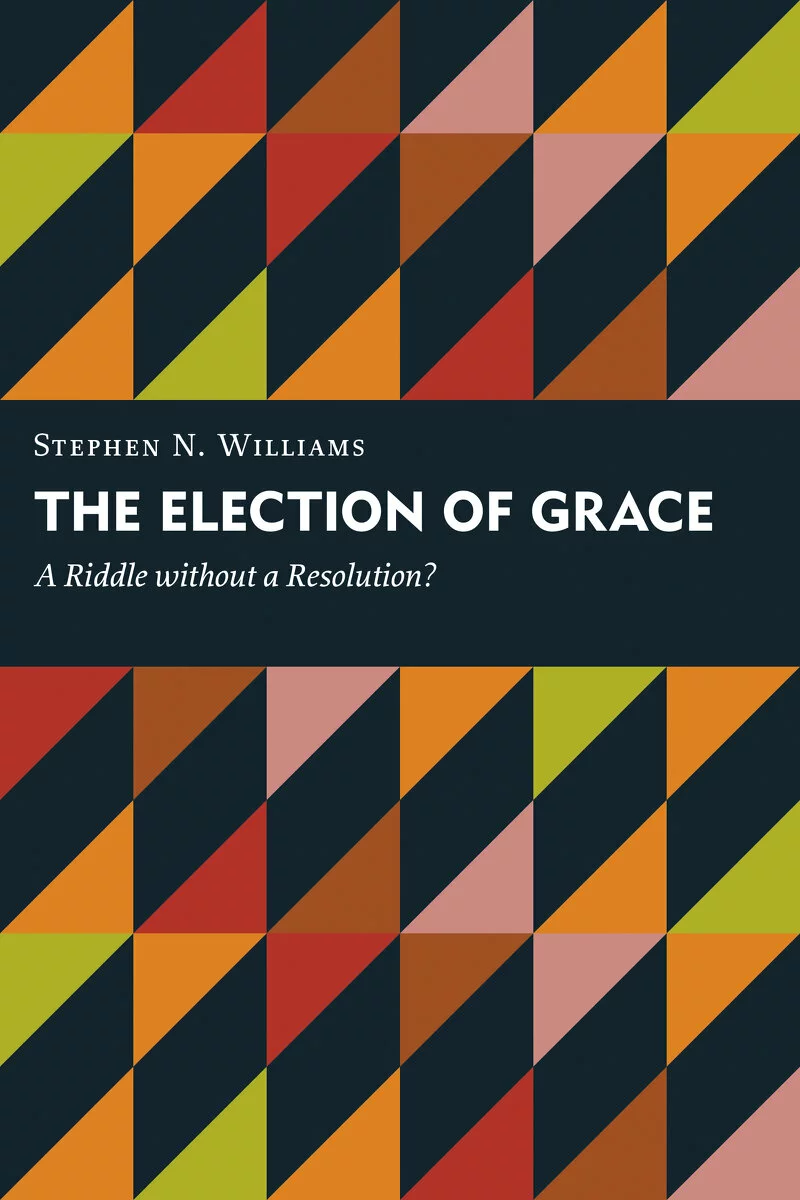

The Election of Grace:A Riddle without a Resolution?
Stephen Williams
Eerdmans
Few issues in Christian theology have sparked as much controversy over the centuries as the question of election. In this book—the inaugural volume of the Kantzer Lectures in Revealed Theology series—Stephen Williams offers a rich and nuanced account of the doctrine of election, arguing that we should diminish the role of “system” in Christian theology.
After expounding the Bible’s teaching on election, Williams turns to questions of theological method and substance. He maintains that the subject of predestination must be considered in a wider biblical context than it often is and that we cannot expect to understand election within a comprehensive systematic framework. What matters is the relation of particular truths to the particulars of life, he says, not the systematic relation of truths to each other. Williams draws on and applies the insights of remarkable nineteenth-century Anglican leader Charles Simeon throughout his study, concluding the book with a cogent discussion of Karl Barth on election.
